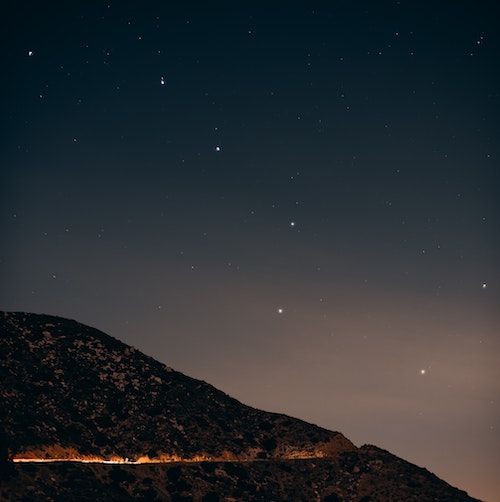
The Tang Ye Jing— where to start? Way back in the Shang Dynasty so the story goes. The Yang Ye Jing is a “lost” text on herbal medicine that has played hide and seek with practitioners over the centuries. How much of it is myth? How much archetypical patterning? And how much a ghost story we like to tell ourselves? All worthy questions. And while the topic of this episode touches on the Tang Ye Jing, our main concern is a medieval text from a Buddhist cave with its own colorful story— the Fu Xing Jue.
In this discussion with translator and historian Sabine Wilms we trace the footprints of the Tang Ye Jing through history and discuss its connection to the Fu Xing Jue, another text equality fascinating and problematic.
Listen into this conversation on the mythic roots of herbal medicine, stolen treasure and principles of medicine that are timeless regardless of their source.
By examining the essence of how the various medicinals are used, we can form an invisible bond with the aim of the classical formulas through them. As the Classic states, “In Heaven to complete the archetype, on Earth to complete the form.”
— Tao Hongjing
Sabine Wilms, PhD
Sabine Wilms, PhD
I have a serious academic background, with a PhD in East Asian Studies and Medical Anthropology, but I have always been more interested in exploring the practical applications of what I read, study, and translate, both for myself and for clinicians. I consider myself a practitioner of Chinese medicine in the true and grand sense of “medicine” as expressed in the Chinese classical literature: the harmonizing of Heaven and Earth in our pivotal role as humans.
I love to teach and share my understanding of traditional Chinese medicine and of classical Chinese culture, philosophy, literature, and religion, with modern practitioners and students. I am happy as a clam in my home on magical Whidbey Island north of Seattle where I write, translate and publish (as Happy Goat Productions), mentor students (as Imperial Tutor), and go for a blissful swim in the sea when my brain needs a break.
Visit Sabine’s website at Happy Goat Productions to see her unique library of translations to get your copy of the “Celestial Secrets” and follow this link to get your copy of the Celestial Secrets: A Dūnhuáng Manuscript of Medicinal Decoctions for the Zàngfǔ Organs
For her library of Tea Talks, learning Chinese, and mentoring. Visit her Imperial Tutor website.